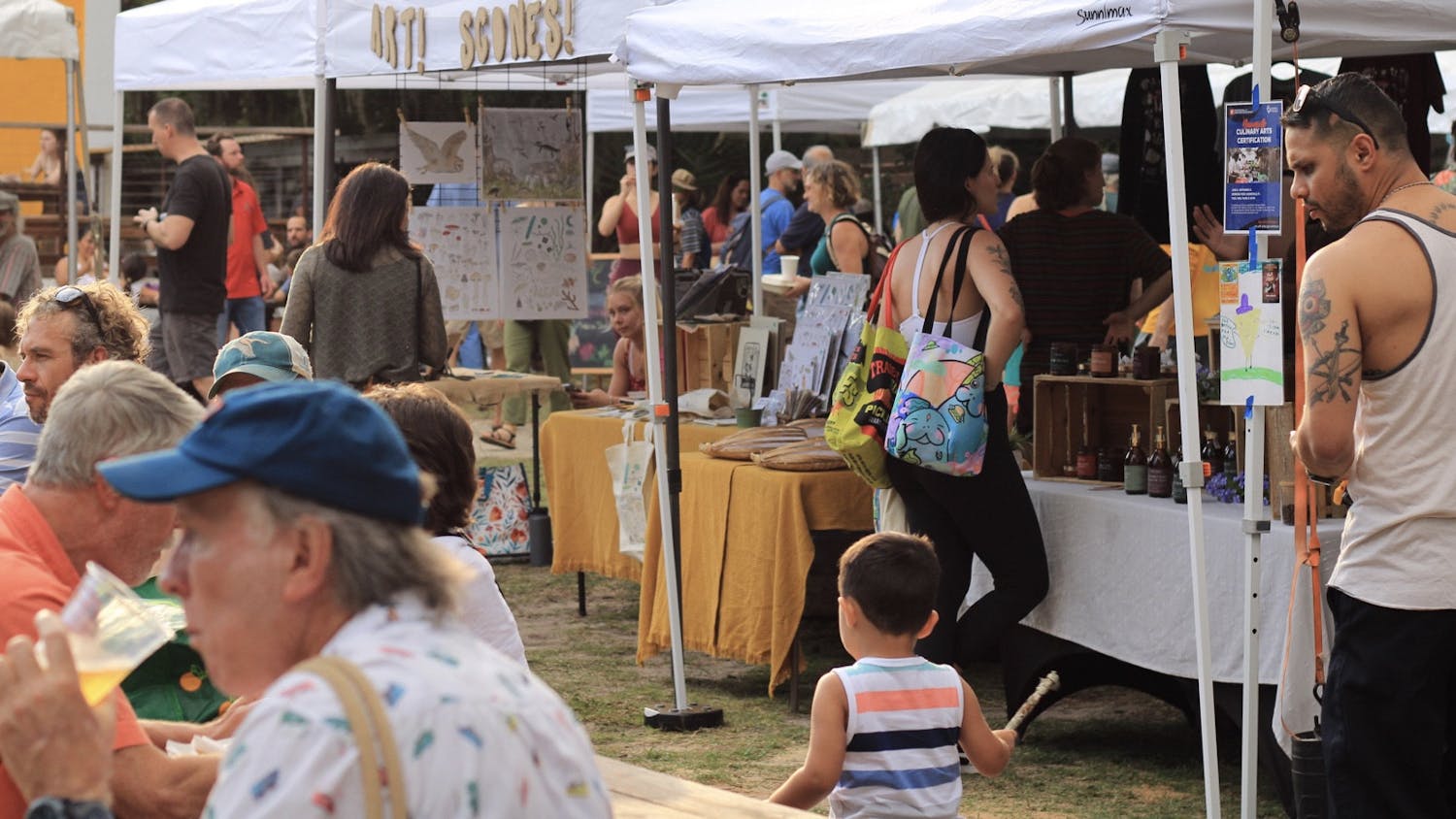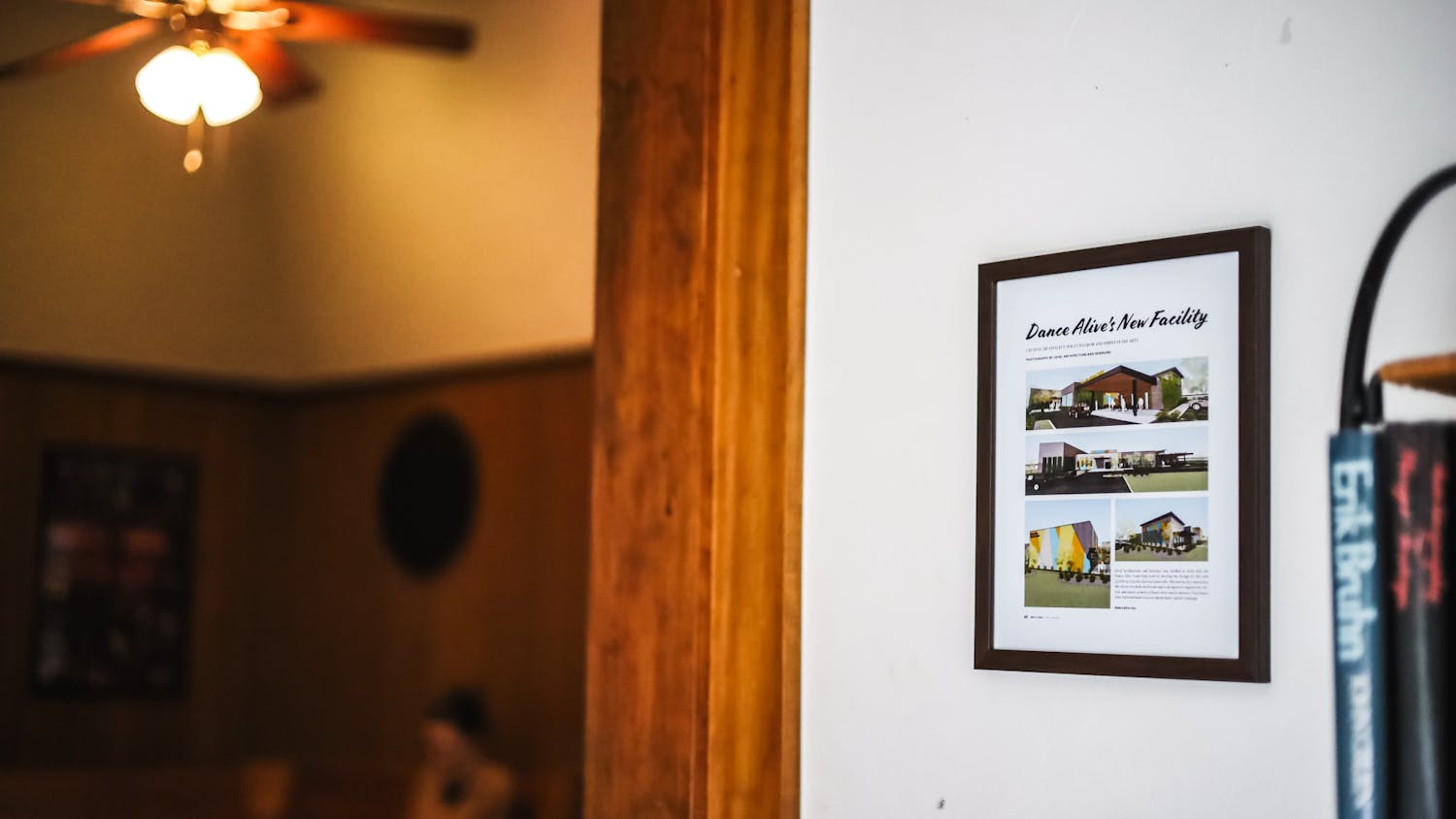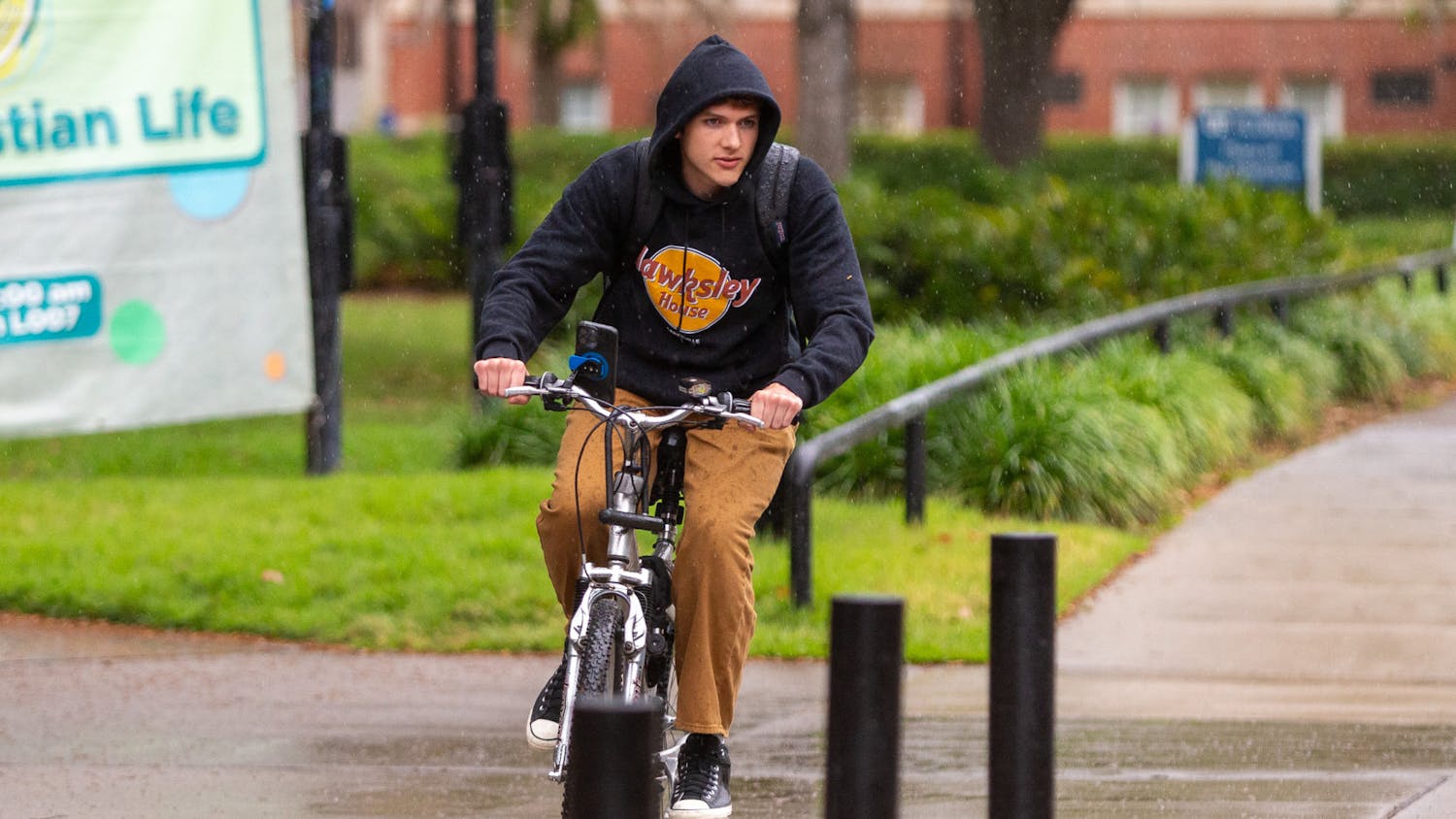As a Florida resident, the impacts of climate change on my immediate environment are not lost on me. As an avid bird watcher, the impacts of climate change on the local bird communities are also not lost on me. One of the potential effects of climate change is an increased intensity of natural disasters. In 2016, Hurricane Matthew devastated Florida’s coastline, and I experienced firsthand the changing sand and vegetation composition. Shorebirds, such as terns, were heavily affected because their breeding grounds are on these beaches.
According to the National Audubon Society’s new science report “Survival by Degrees,”almost two-thirds of North American bird species are at risk of extinction from climate change. Audubon explains: “A particular bird’s range may not be dramatically altered by changes in temperature or precipitation locally, but coastal bird species will experience catastrophic habitat loss as nesting sites become inundated with water as sea levels rise.” The numbers from this report are staggering and gut-wrenching. The good news; however, is that the science also shows that if we act now, we can help improve the chances for 76 percent of at-risk species.
So, what can we do? For starters, just talking about and sharing the findings of Audubon’s science report educates others on the issues that our natural communities are facing. Also, there are organizations that you can join, including Divest UF: an organization of activists dedicated to fighting climate change by demanding that UF “cease investments in companies that buy, sell or trade in fossil fuels.” Moreover, there is an Audubon Campus Chapter at UF dedicated to avian conservation through outreach and education. In the greater Gainesville community, The Civic Media Center serves as a link between environmental activist organizations and the community by offering resources on progressive grassroots activism through its library, organization fairsand other events. There are many people who are already doing the work of fighting against climate change and for the environment, it’s just a matter of connecting with them and offering your help.
The fact that bird populations are declining means that a part of what makes campus beautiful is being threatened by climate change. Birds are a vital part of our environment; they are pollinators and seed dispersers and control the insect population. Without them, our natural communities will become imbalanced and unstable. This is everyone’s issue, not just bird watchers’ like me. The fight for our future is an everyday struggle but a necessary one.
Camya Robinson is the vice-president of the Audubon Campus Chapter at UF





